Professor Vanora Hundley was recently invited to give a lecture to staff and students at UTHealth School of Nursing in Houston, Texas School of Nursing. The topic of her presentation was ‘Early labour – should we be telling women to stay at home?’

Early labour often presents a challenge for women and midwives in the UK. There is evidence that women admitted to hospital in the latent phase of labour are more likely to get unnecessary interventions, however women seek hospital admission for reassurance and support. The problem is further complicated by a lack of a clear definition of the latent phase as a recent systematic review, conducted with colleagues from the International Early Labour Research Group, shows (Hanley et al., 2016).
Nurses at UTHealth recognised the challenges of supporting women in early labour, but due to insurance policy requirements women are often not admitted to a labour and birthing room until they are 4 cm dilated or in the active labour phase. Instead women remain in a triage or holding area until they are 4 cm dilated, or may be sent home. The challenge in Texas is how to support women who are waiting for labour to progress.
CMMPH is conducting a number of studies to identify how best to support women in early labour and opportunities for collaboration with staff at UT Health were explored.
Reference: Hanley GE, Munro S, Greyson D, Gross MM, Hundley V, Spiby H and Janssen PA (2016) Diagnosing onset of labor: A systematic review of definitions in the research literature. BMC Pregnancy and Childbirth 16: 71
Photo shows Dr Rebecca Helmreich (UTH) & Prof Vanora Hundley (BU)
 Sascha Dov Bachmann, Associate Professor in International Law, FMC, has been made Extraordinary Visiting Professor (AP) in War Studies at the Swedish Defence University (FHS). This appointment recognizes his contribution to the work of the
Sascha Dov Bachmann, Associate Professor in International Law, FMC, has been made Extraordinary Visiting Professor (AP) in War Studies at the Swedish Defence University (FHS). This appointment recognizes his contribution to the work of the  As an ECR I am delighted to see that a research paper that Prof. Pritchard and myself wrote in 2014 has been cited in one of the most well regarded journals in the field.
As an ECR I am delighted to see that a research paper that Prof. Pritchard and myself wrote in 2014 has been cited in one of the most well regarded journals in the field.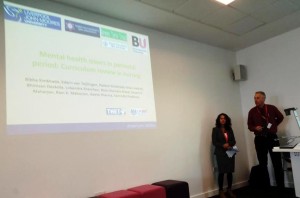
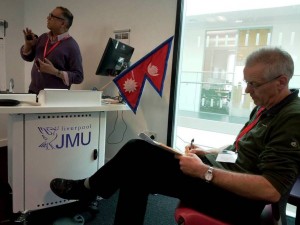
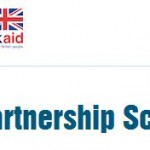
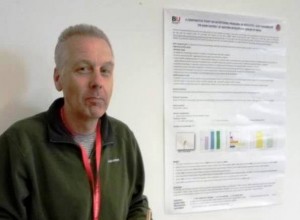


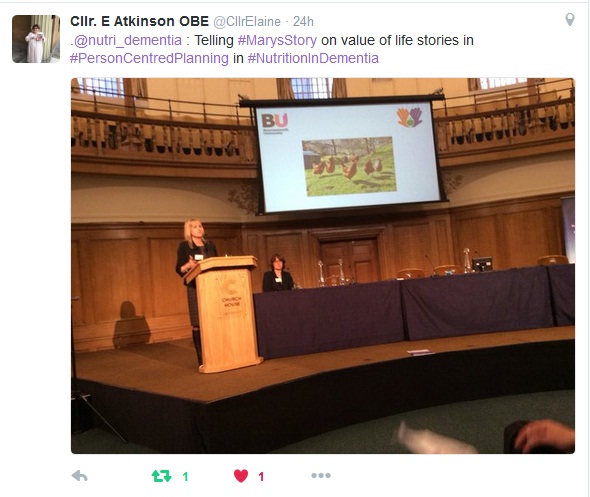
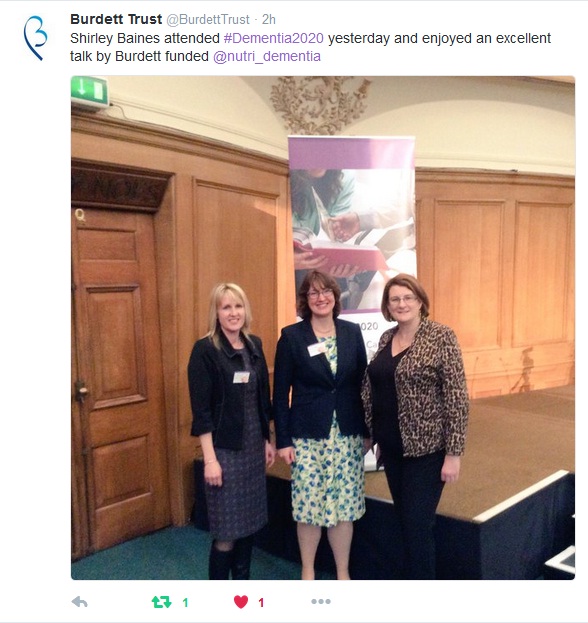
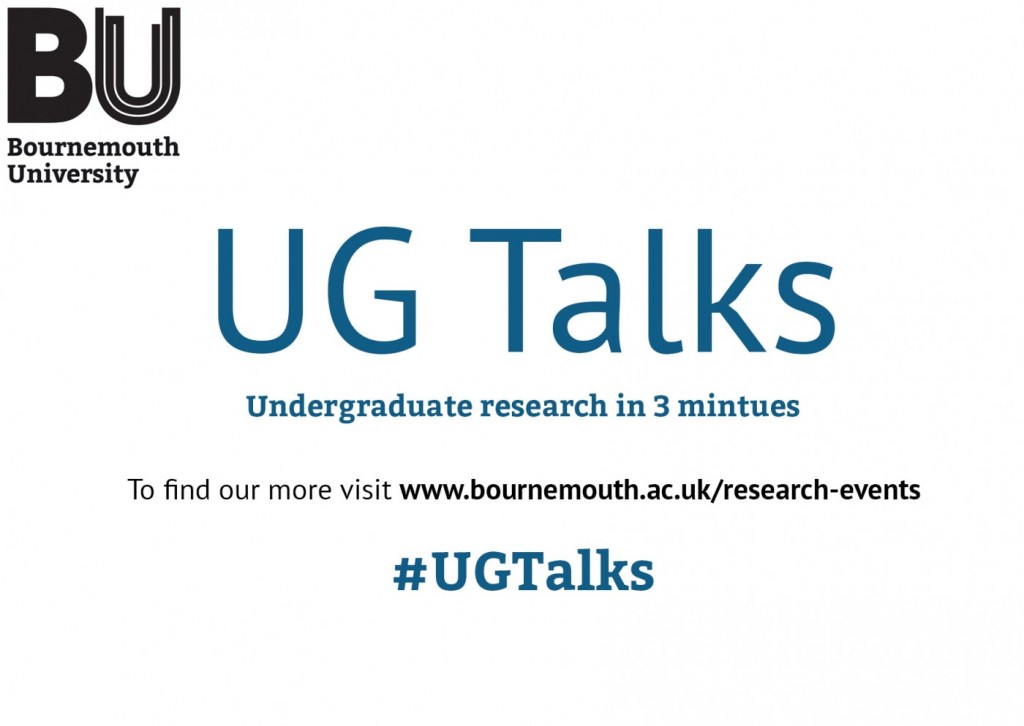

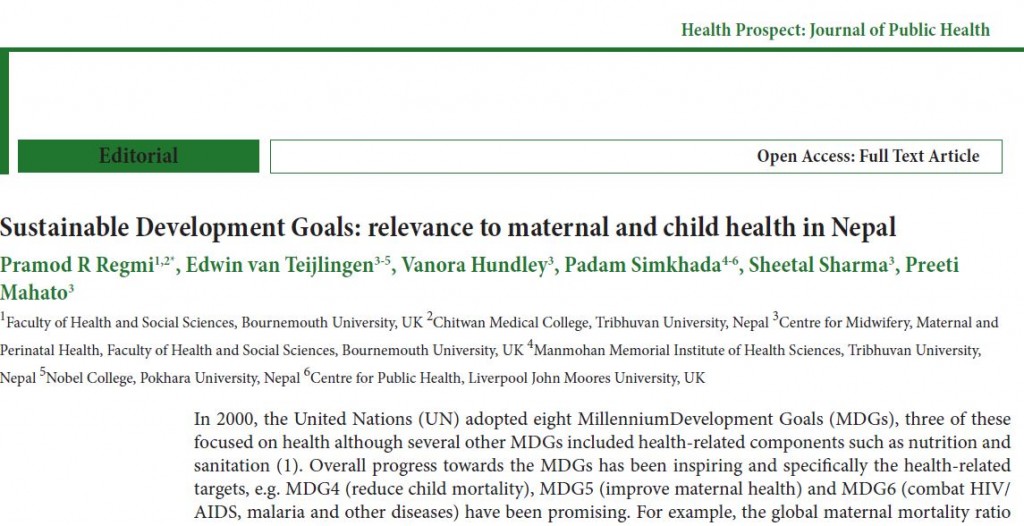
 There is a proposal from Government to include an anti-lobbying clause in Government grants, which will include research grants. There is a petition by Bob Ward to gain an exemption for academic research. If you are interested in finding out more and/or signing the petition then please see the link here:
There is a proposal from Government to include an anti-lobbying clause in Government grants, which will include research grants. There is a petition by Bob Ward to gain an exemption for academic research. If you are interested in finding out more and/or signing the petition then please see the link here: 










 FHSS academics teaching in Nepal
FHSS academics teaching in Nepal New weight change BU paper
New weight change BU paper One week to go! | The 16th Annual Postgraduate Research Conference
One week to go! | The 16th Annual Postgraduate Research Conference Geography and Environmental Studies academics – would you like to get more involved in preparing our next REF submission?
Geography and Environmental Studies academics – would you like to get more involved in preparing our next REF submission? Congratulations to three former BU staff
Congratulations to three former BU staff MSCA Staff Exchanges 2024 Call – internal deadline
MSCA Staff Exchanges 2024 Call – internal deadline Applications are now open for 2025 ESRC Postdoctoral Fellowships!
Applications are now open for 2025 ESRC Postdoctoral Fellowships! Horizon Europe – ERC CoG and MSCA SE webinars
Horizon Europe – ERC CoG and MSCA SE webinars MaGMap: Mass Grave Mapping
MaGMap: Mass Grave Mapping ERC grants – series of webinars
ERC grants – series of webinars